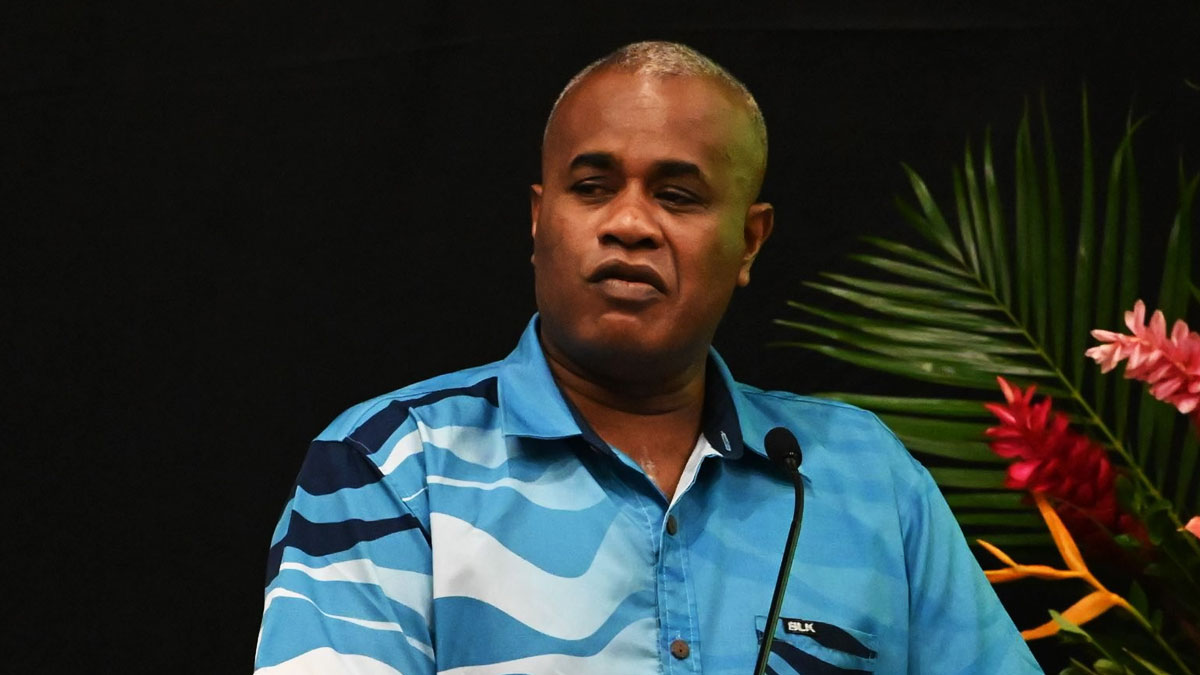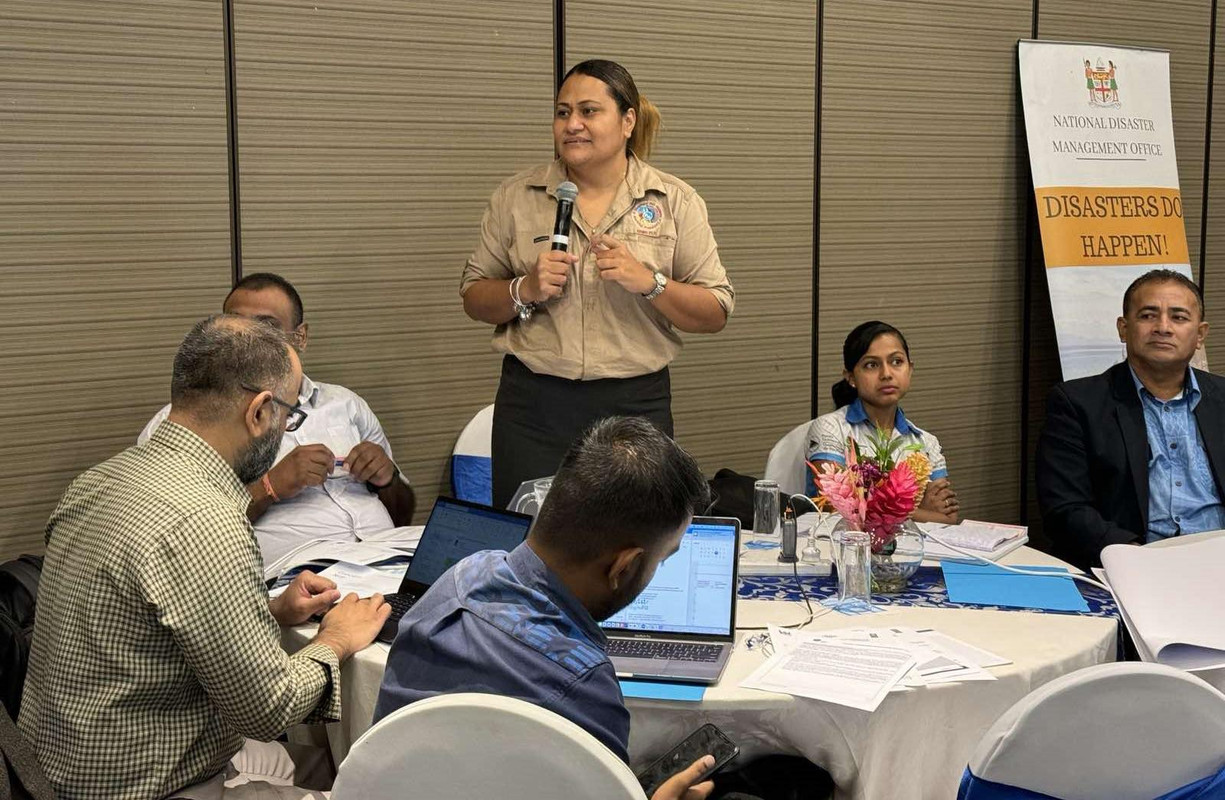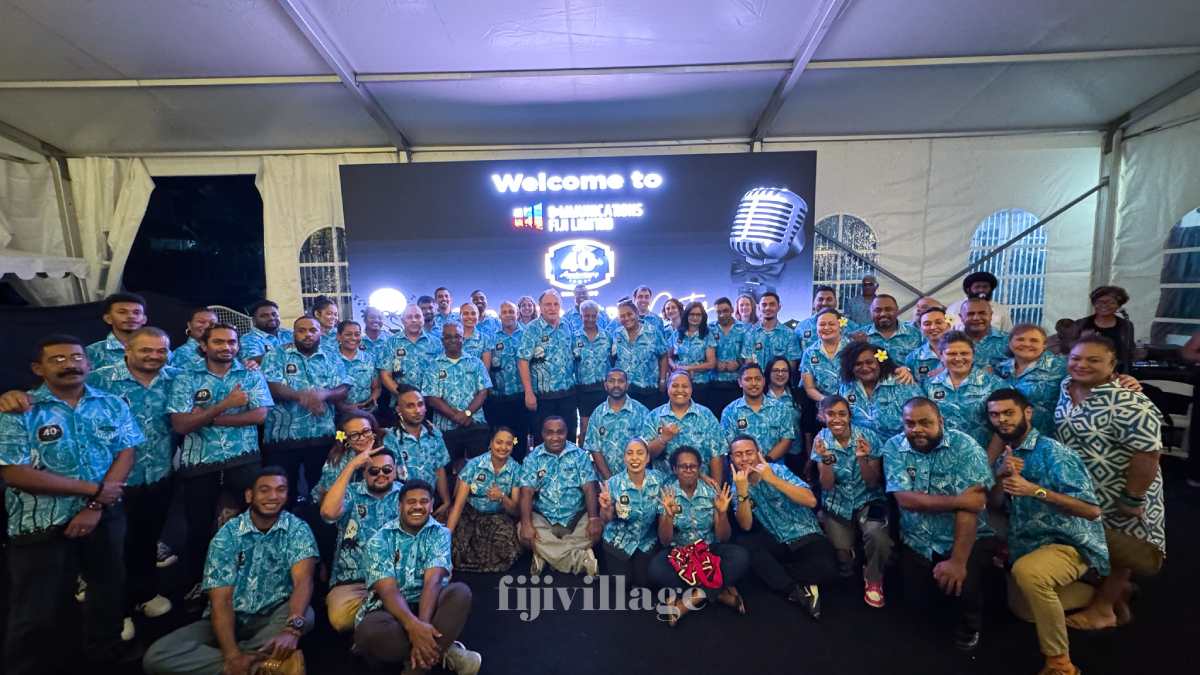
Fiji’s commitment to inclusivity and accessibility in the development of early warning systems is paramount.
Permanent Secretary for Rural and Maritime Development and Disaster Management, Isoa Talemaibua highlighted this during the Technical Working Group workshop on the Early Warning for All Initiative in Suva.
Talemaibua says they are reminded that the most sophisticated technologies are only as effective as their ability to reach and be understood by those in harm's way.
He says this means designing systems that are not only technically robust but also culturally sensitive and accessible to all members of our community, including the most vulnerable.
The Permanent Secretary says the success stories from around the globe, where communities have been actively involved in the design and implementation of early warning systems, serve as a blueprint for our efforts.
He says by integrating traditional knowledge with scientific innovation, we not only enhance the efficacy of these systems but also foster a sense of ownership and trust within communities.
He also says this dual approach ensures that early warnings lead to early action, saving lives and reducing economic losses.

Talemaibua says the rapid advancements in technology offered unprecedented opportunities to improve the timeliness and accuracy of early warning systems.
He says from satellite imagery and remote sensing to artificial intelligence and machine learning, the potential to predict and respond to disasters is expanding at a remarkable pace.
However, he says the deployment of these technologies requires robust collaboration between governments, the private sector, academia, and civil society.
Talemaibua says Fiji's strategic position in the Pacific, coupled with our commitment to technological innovation and regional cooperation, positions us as a leader in the implementation of the EW4A initiative.
He says they aim to leverage their unique insights and experiences to contribute to a global framework that not only anticipates disasters but also empowers communities to act decisively and effectively. The Permanent Secretary highlighted that it was only through collective action and shared knowledge that we could face the challenges posed by climate change and natural disasters. He says our efforts in Fiji will contribute to, and benefit from, the global exchange of best practices, technological innovations, and strategic partnerships.
Talemaibua says as they move forward, their focus remains on building resilient communities through education, training, and capacity building.
He says they recognize the importance of empowering individuals with the knowledge and tools to respond to early warnings, transforming awareness into action.
The Technical Working Group workshop on EW4All is expected to validate the project concept with key stakeholders in Fiji, and identify opportunities to address gaps, needs, and priorities for MHEWS in Fiji, to name a few.
Over 50 participants, representing the National Disaster Management Council and UN Partner Pillar leads, engaged in the second day of the workshop to deliberate on Fiji's proposal for the Green Climate Change Fund.
Stay tuned for the latest news on our radio stations

